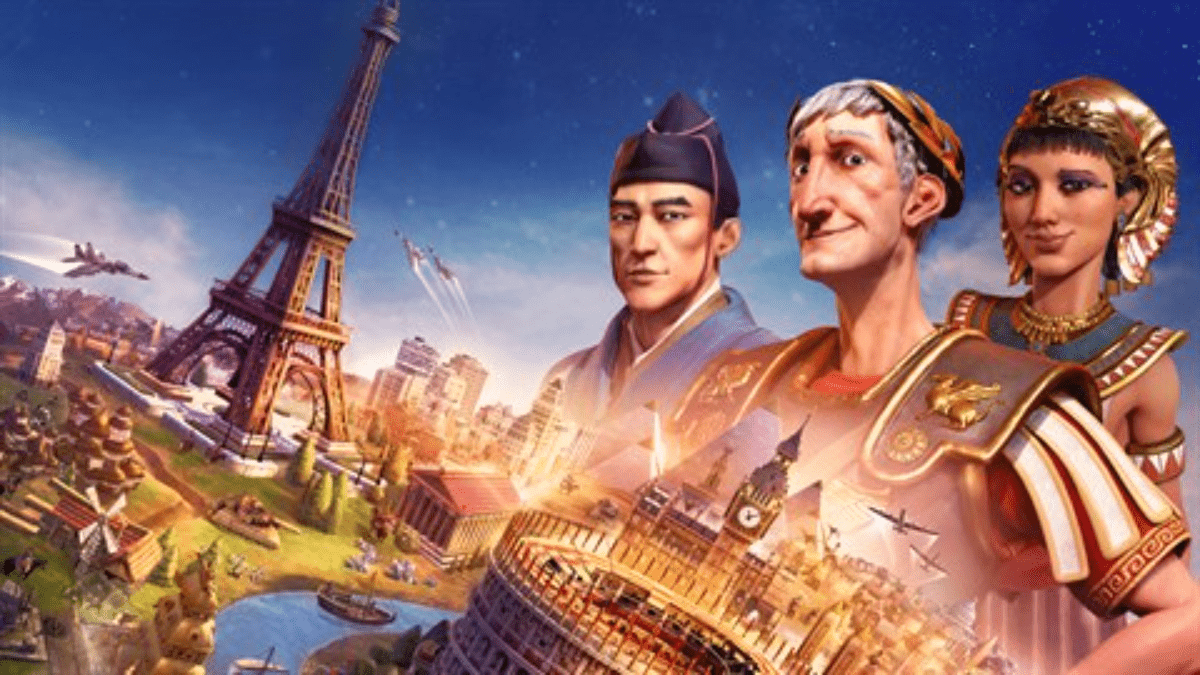Civilization 6, renowned for its immersive historical elements and engaging gameplay, has inadvertently perpetuated a notable misconception regarding the legendary polymath Leonardo da Vinci. While the game’s incorporation of real-life figures and civilizations is a hallmark of the series, it’s essential to recognize that it may not always present accurate historical information.
One striking example of misinformation in Civilization 6 is the attribution of a quote to Leonardo da Vinci: “For once you have tasted flight you will walk the earth with your eyes turned skyward, for there you have been and there you will long to return.” This quote, prominently featured in the game upon unlocking the flight technology, has become synonymous with Civilization 6’s main musical theme, “Sogno di Volare,” attributed to Chiara Cortez and Leonardo da Vinci.
However, historical evidence indicates that da Vinci never uttered these words. The origins of the quote can be traced back to a Science Fiction story titled “The Storms of Windhaven,” where it was mistakenly attributed to da Vinci by one of the authors, Ben Bova, who heard it in a documentary about da Vinci by John H. Secondari. This misattribution underscores the challenges of separating fact from fiction in historical narratives.
Moreover, crediting da Vinci with a quote that implies firsthand experience of flight perpetuates a misconception about his achievements. While da Vinci’s notebooks indeed contain sketches of flying machines, there is no evidence to suggest that he successfully flew. His contributions to art, technology, and philosophy are undeniable, but the notion of him experiencing flight is unsubstantiated.
This misattribution in Civilization 6 serves as a reminder of the importance of critical thinking and historical accuracy. While the game excels in many aspects, its portrayal of historical figures and events may not always align with scholarly consensus. However, both da Vinci and Civilization 6 deserve recognition for their respective contributions to history and gaming, while also acknowledging areas where accuracy may fall short. Ultimately, it’s crucial to approach historical representation in games with a discerning eye and an appreciation for the complexities of the past.

